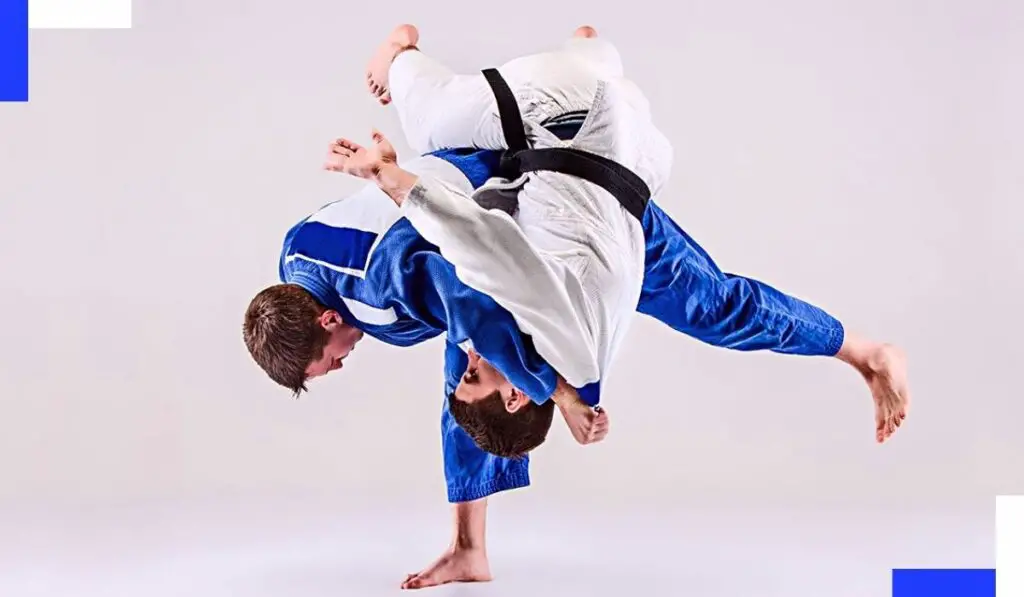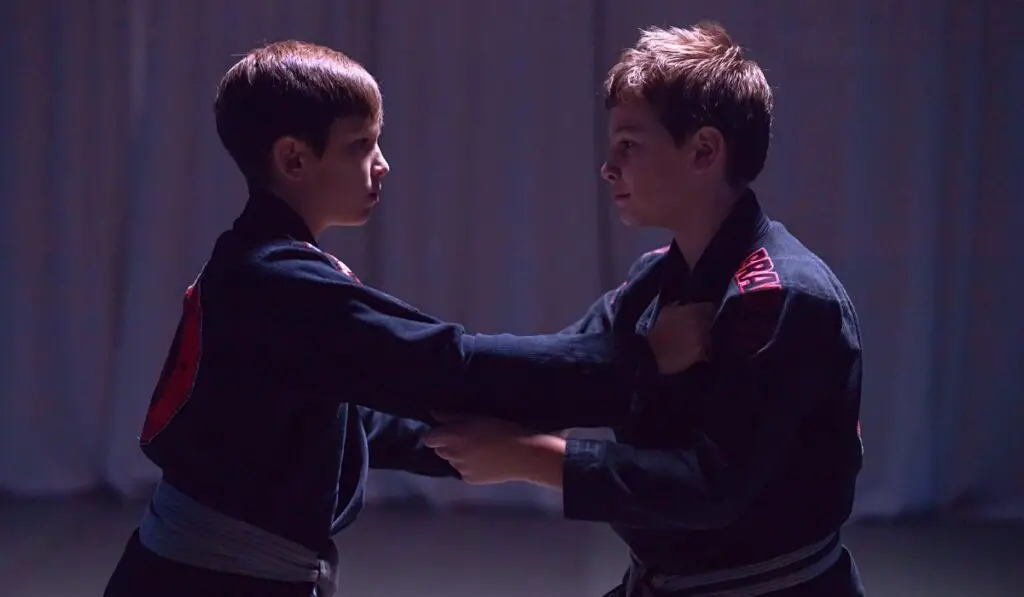Jiu-jitsu recovery is just as important as the training itself. This is because Jiu-Jitsu is a martial art that requires physical and mental strength. It is not just a test of power but a strategic battle that challenges every aspect of one’s being. Each session pushes individuals to their limits, leaving them drained yet exhilarated.
For jiu-jitsu athletes, the line between peak performance and burnout is thin. Rigorous daily training is essential for honing skills and building strength, but it can inevitably lead to fatigue. This is not just about sore muscles but the overall toll on the body and mind. Effective recovery strategies are necessary to maintain a healthy balance and ensure continuous improvement.
This guide will explore the most effective recovery methods tailored for jiu-jitsu athletes. These techniques are designed to alleviate physical strain and rejuvenate mental energy, ensuring individuals return to the mat stronger, sharper, and more resilient. Let’s explore how you can optimize your recovery and elevate your game to new heights!
The Top Effective Jiu-Jitsu Recovery Methods for Athletes
1. Walking and Breathing
Walking and breathing techniques are the simplest way of recovery. Studies demonstrated that walking can decrease stress and pain and improve immunity. Moreover, walking helps lubricate our lower back joints and ease our backbone movements.
Breathing, on the other hand, helps our body achieve a parasympathetic or restful state. Slow and deep breathing helps decrease muscular pain, ultimately helping in recovery.
2. Diet and Sleep
Diet and proper sleep are crucial for jiu-jitsu athletes and everyone.
If you are involved in heavy workouts, you must be careful about your diet and sleep.
Mainly, high-fat content slows down our metabolism due to the breakdown of fats into smaller components, which takes a lot of time. That’s why it is advisable to use foods rich in proteins and carbohydrates, such as Oatmeal, Berries, Honey, Yogurt, etc. This would help you build your muscles and make you active.
You need 8 to 9 hours of sleep regularly to recover your body and muscles properly. This would allow your body to compensate for damage that occurred during training.
3. Hot and Cold Bath
Hot and Cold baths are helpful to reduce muscle aches and soreness after excessive workouts. The hot bath will relax your muscles and joints in case of post-workout recovery. Ice baths are most effective compared to a hot bath because they can repair your damaged tissues, reduce soreness and swelling, strengthen your muscles, and ability to remove waste substances such as lactic acid.
4. Massage
Massage is another best option for recovery after extreme BJJ training. Massage is crucial when you are experiencing delayed onset muscle soreness and want to get rid of it. A professional masseuse can do wonders and remove all the knots in your muscles.
If you cannot afford a masseuse, you can always use a massage ball and a foam roller. These things are readily available in markets at cheaper rates but are less effective than a professional masseuse. But again, it is better to have something than nothing.
5. Yoga
Yoga is one of the best recovery methods for Jiu-Jitsu athletes that helps nourish damaged muscles. Yoga techniques are very effective in opening up stiff tissues and allowing good blood circulation.
Among different poses, Restorative, Ananda, and Yin Yoga are most effective for active recovery. Yoga helps improve our brain activity, focus, sleep, and pain management, increase our reaction time, and reduce stress and anxiety.
6. Stretching and Myofascial Release
Every training session starts with a warm-up phase, main workouts, and finally the cool-down period. It is believed that stretching is part of the cool-down period and helps to relax our stiff muscles and increase blood flow to every body part. There are different types of post-workout stretching methods such as dynamic, active, and passive, all are equally beneficial in reducing muscle soreness after excessive training.
Myofascial release is another term for a massage, a manual therapy to treat muscle stiffness. Roller massagers and foam rollers are primarily used in this method. Myofascial release helps in blood circulation, reduces soreness, and increases the flexibility of muscles.
7. Acupuncture
Acupuncture is an ancient practice and the fastest way of recovery after extreme Brazilian jiu-jitsu training. It is a technique in which tiny needles are inserted into a specific part of your body to enhance blood flow and recovery.
This is the fastest way for athletes to alleviate pain, increase muscle flexibility, and achieve quick recovery, and you do not need a day off to restore your muscles.
8. Supplements
Supplements can be your last resort if you are too busy to practice any of the above recovery methods. Some supplements do not negatively affect your body and make recovery faster.
8.1. Magnesium
Magnesium is commonly found in green vegetables such as spinach or can be obtained artificially by taking magnesium supplements. Studies expressed that a low level of magnesium in the blood decreases muscular activity and induces laziness and fatigue in our body.
On the other hand, the optimum level of magnesium in our blood increases our muscular activity and performance. Among many magnesium supplements, magnesium glycinate can reduce muscle swelling and help in muscle recovery.
8.2. Branched Chain Amino Acids
The protein requirements of athletes are more than that of an average person because amino acids are more absorbed by the body during extreme exercise.
Hence, athletes need to fulfill their amino acid demands artificially. Many types of amino acid supplements are available in the market that can reduce soreness and swelling of muscles and promote muscle relaxation.
8.3. Protein Powder
Studies demonstrate that taking protein as food or supplements before and after a heavy workout tremendously affects our muscular activities. Our whole body comprises protein, which can repair and rebuild damaged tissues.
So, you can fulfill your protein requirements artificially by taking protein tablets or drinking protein shakes to promote muscle relaxation.
Conclusion
There are several methods for jiu-jitsu athletes to recover after hard training and stay in top shape. It is advisable first to prioritize your sleep cycle and diet routine.
Try to intake all those foods that are naturally beneficial to your muscular activity and rich in proteins and carbohydrates.
You can always go for any of the above methods of muscle recovery if you feel soreness in your muscles after proper sleep and diet.
By balancing training and recovery, you can ensure your fitness and complete seven days on mats.


